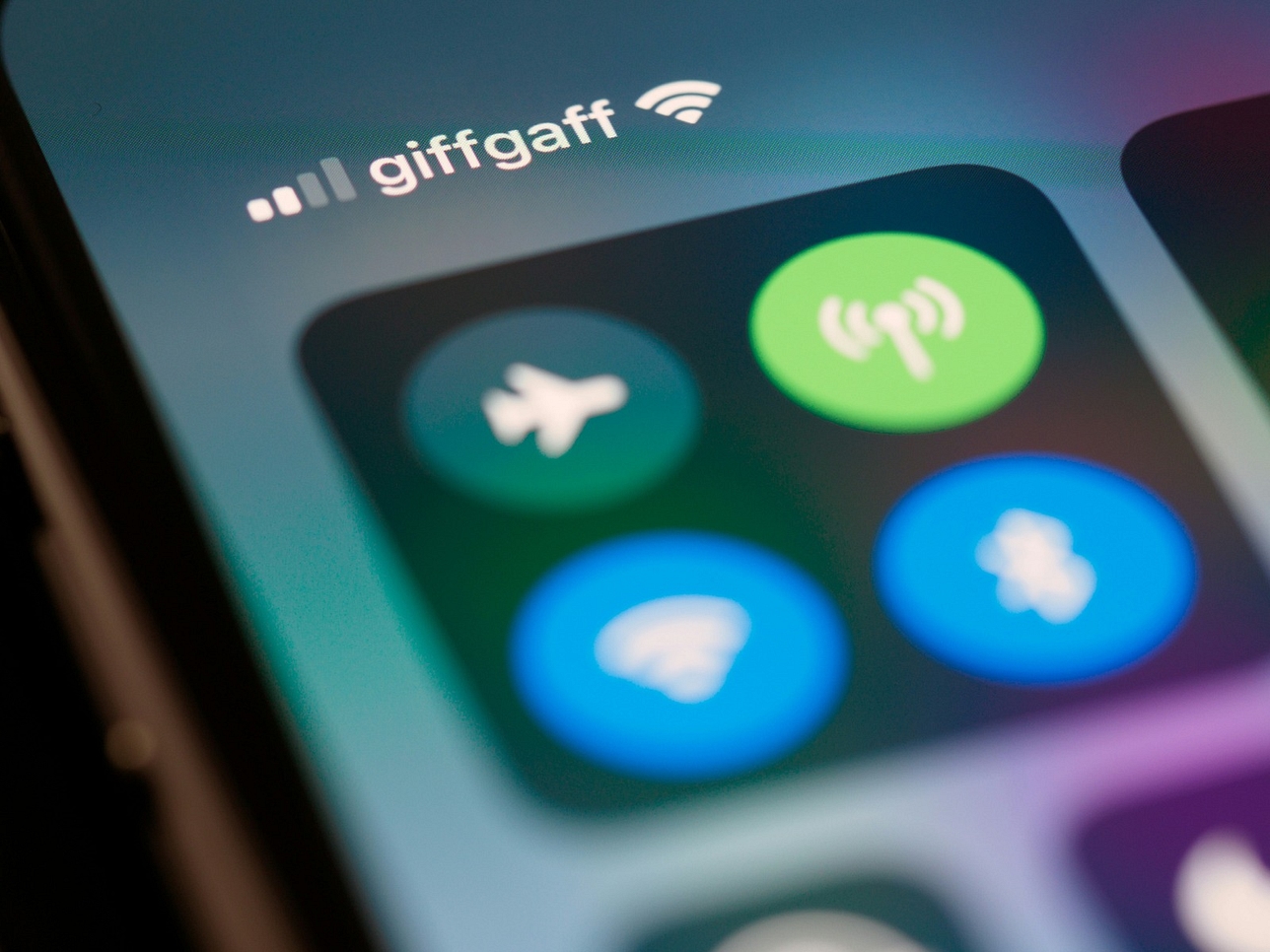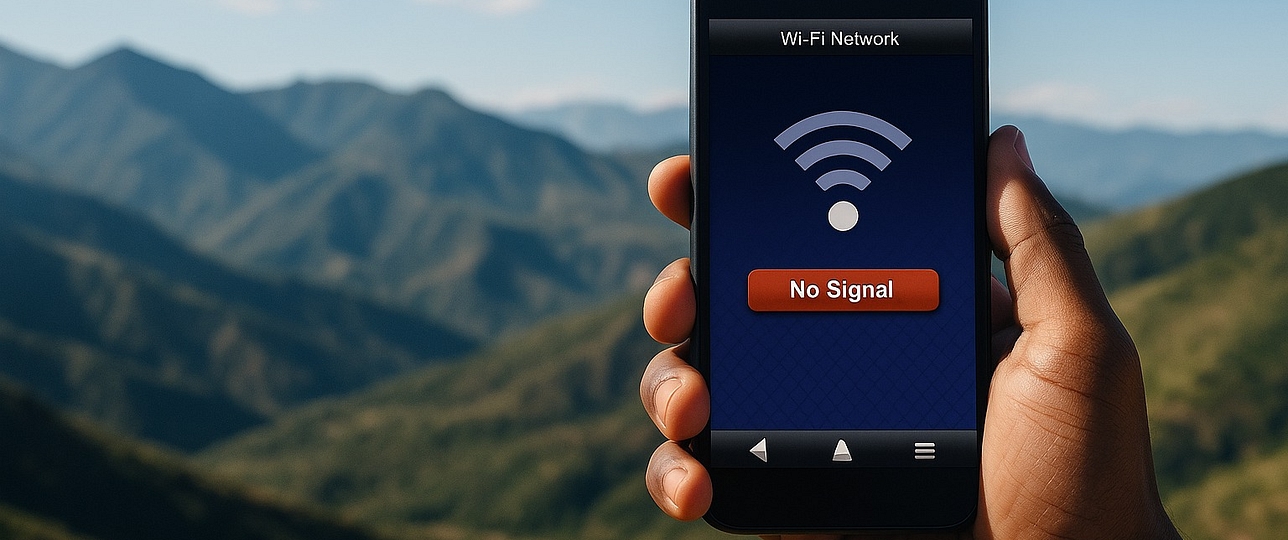Poor signal, slow mobile data and unstable Wi-Fi can make communication feel impossible. Whether you are traveling, living in a remote region or trying to stay in touch with family abroad, there are practical ways to communicate effectively even when your connection is weak. With the right apps, offline preparation and a few simple habits, you can stay connected in almost any situation.
Use Apps Designed For Low Bandwidth
Some messaging tools are built to perform well in challenging network conditions. WhatsApp, Telegram and Messenger Lite compress messages and media automatically, making them far more reliable on weak networks. If the connection drops, these apps continue trying to deliver your message until it goes through, which helps keep conversations consistent.
Stick To Text When The Signal Is Weak
Text messages require almost no data compared to photos, videos or voice calls. In areas with limited coverage, prioritizing simple text communication is the most reliable approach. Even when apps struggle, short messages often send successfully because they use only a few kilobytes of data.
Send Voice Notes Instead Of Calling
Calls require a stable stream of data, which is hard to maintain in low-connectivity areas. Voice notes, on the other hand, upload in the background and can send even when the connection is intermittent. They also use significantly less data than real-time calls. Whether you use WhatsApp or Telegram, voice notes keep communication personal without requiring a strong signal.
Enable Low-Data Modes On Your Phone
Both iOS and Android offer built-in settings that help your device cope with slow or limited internet: Low Data Mode on iOS restricts background activity and reduces high-bandwidth tasks. Data Saver on Android limits app usage and forces more efficient performance. Enabling these modes helps your phone prioritize essential communication instead of wasting precious bandwidth on updates or background processes.

Use Low-Data Features Inside Apps
Many apps now include settings specifically designed for weaker connections. WhatsApp has a low-data call mode, while Telegram compresses media automatically. Turning these on can drastically improve communication when the signal is unreliable. Most video call apps also allow you to drop video quality to keep the audio stable.
Download Key Tools Before You Travel
Unstable connectivity becomes far less stressful when you prepare in advance. Download offline maps through apps like Google Maps, save boarding passes, and store translation packs from apps like Google Translate. When you already have the essentials saved locally, you rely less on network strength and more on your offline content.
Use SMS As A Reliable Backup
SMS is one of the most dependable communication methods in low-coverage regions. It doesn’t rely on mobile data, and messages often send successfully with just a flicker of signal. When you need to share an urgent update or confirm your location, SMS remains a simple, low-bandwidth lifeline.
Switch To Wi-Fi Whenever Possible
Public Wi-Fi, even when slow, is often more stable than a weak mobile data connection. Cafés, libraries, airports and bus stations can offer enough bandwidth for basic communication. Just make sure to protect yourself by using secure networks or enabling a VPN such as NordVPN or ExpressVPN when connecting to public hotspots.
Reduce The Load On Your Device
Weak networks often feel even slower when your phone is overloaded. Closing background apps, clearing cached data and restarting your device can improve performance. Turning off auto-download features in WhatsApp or Telegram also helps prevent your phone from wasting data on large files.

Choose Apps That Work Offline
Some tools continue working without a connection. Offline navigation, dictionaries, ticket wallets, document readers and note apps allow you to stay organized and access important information even without signal. Apps like Evernote, Google Keep and Pocket help keep essential content at your fingertips when you need it most.
Keep Your Mobile Credit Topped Up
Poor connectivity becomes even harder when you run out of mobile data. Topping up before you travel — or before entering a low-signal area — ensures you can communicate when it matters most. Platforms like Mitti make it easy to send or receive mobile credit instantly, especially if you support family or friends abroad who rely on prepaid data. A quick top up can be the difference between staying connected and getting stuck without service.
Send Short Updates When The Network Is Weak
If your connection is unstable, break up longer messages into shorter, separate pieces. Small chunks of text are far more likely to send than long paragraphs, especially in areas where the signal drops frequently. This ensures that important information gets through bit by bit.
Use Airplane Mode To Reset Your Signal
A simple trick like switching your phone to airplane mode for a few seconds can force your device to reconnect to a stronger nearby tower. This small reset often improves signal strength enough for messages to send successfully.
Stay Connected Wherever You Are
Low connectivity doesn’t have to stop communication. With the right tools, smart habits and a bit of preparation, you can stay in touch even when the network makes things difficult. Whether you are sending voice notes, using low-data apps or topping up your phone through Mitti, smarter choices help you stay connected in the moments that matter most, no matter where you are.


